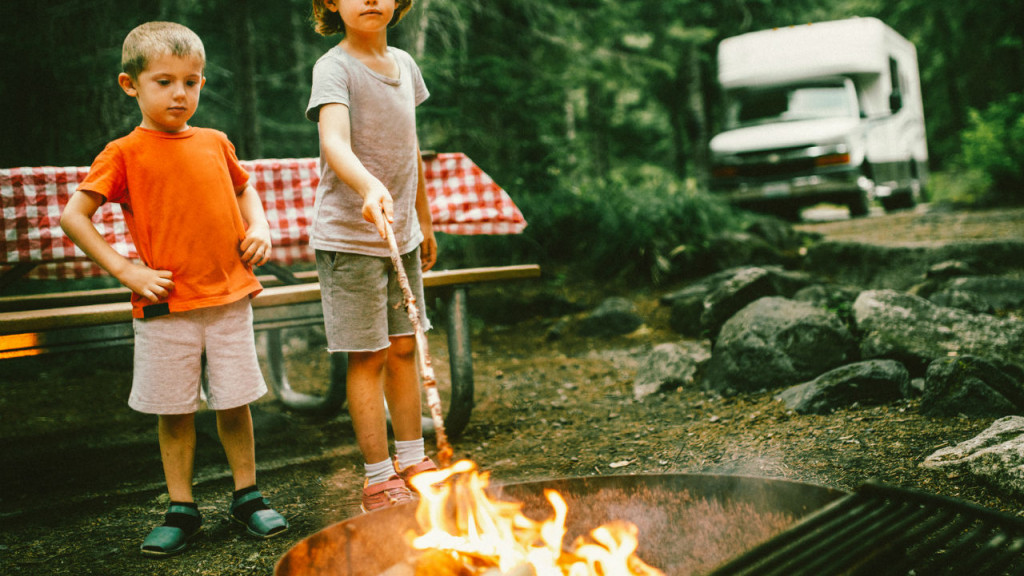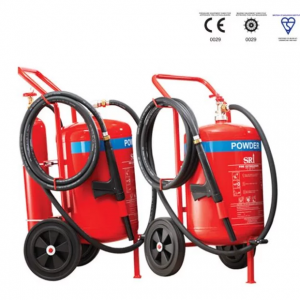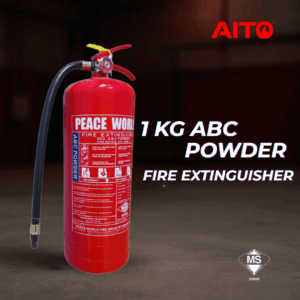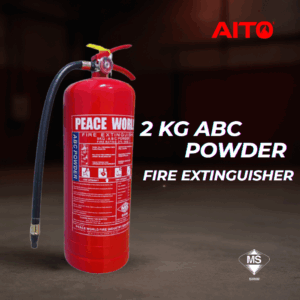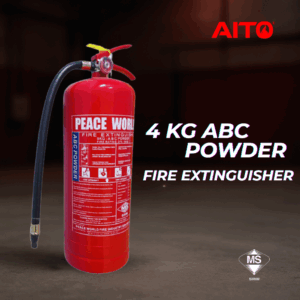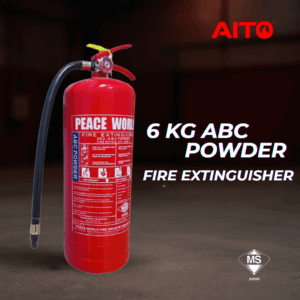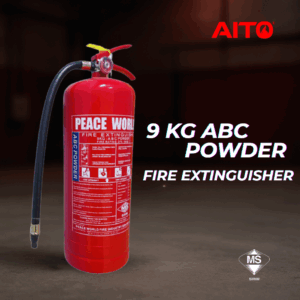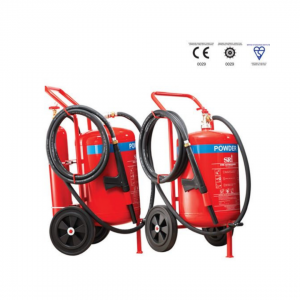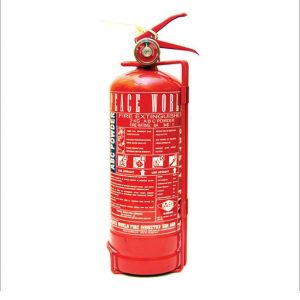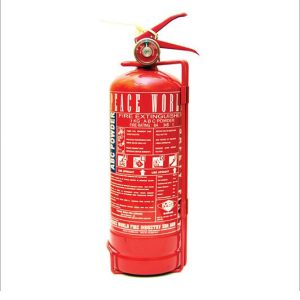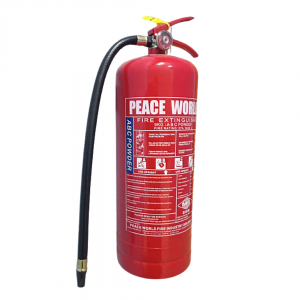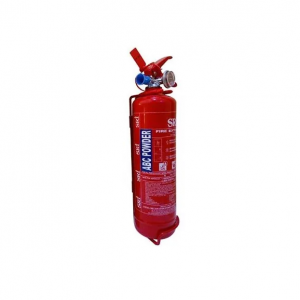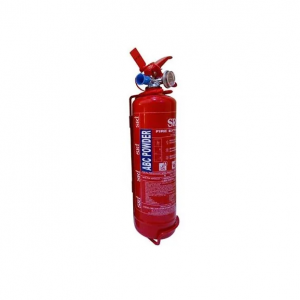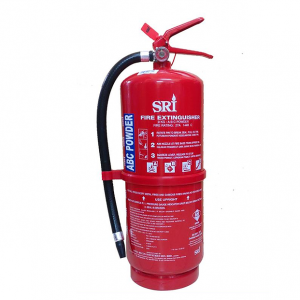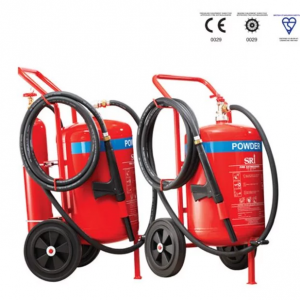Fire Safety Tips for Kids : 15 Best Way to Protect Kids From Fire
It’s important to teach fire safety tips to kids in part to prevent fires from happening and in part so that if an accident does occur, your children will know how to protect themselves. Here’s how you can teach fire safety tips for kids to be safe.
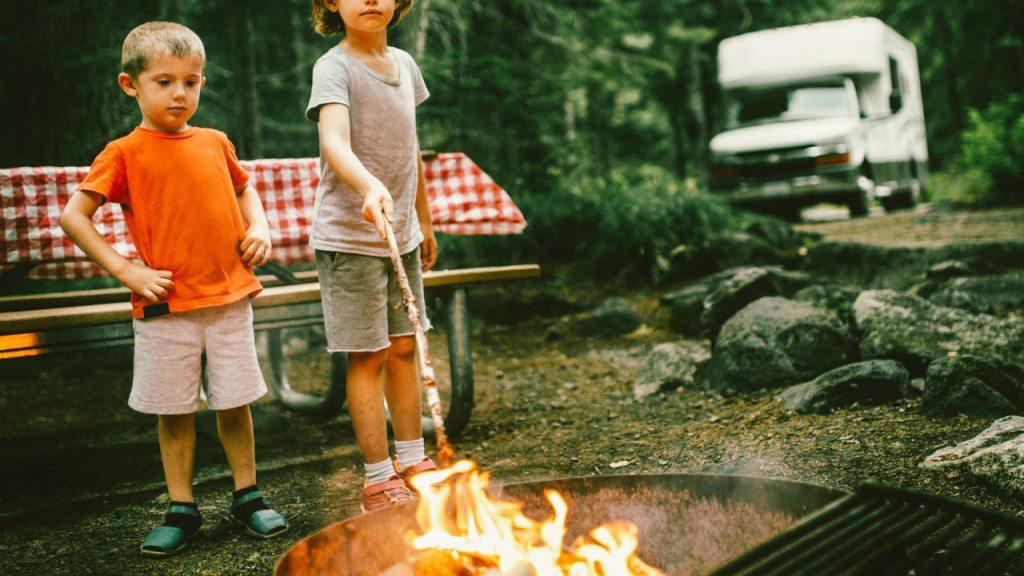
1. Don’t play with matches or lighters
This is probably the most important and common fire safety tip for kids. Teach your children to stay away from matches and lighters and to never, ever use them without adult supervision and permission. The next tips are for older kids who you may trust with matches around the house.
2. Run extinguished matches under water before discarding
Of all the fire safety tips for kids, this is an easy one to teach by example. If your kids see you run water over a match before tossing it, they will do it themselves in the future so that paper in the trash doesn’t accidentally ignite.
3. Never leave candles or incense burning
This tip is probably for your older children, but it doesn’t hurt to teach them when they’re young that leaving exposed heat sources going is a recipe for disaster. Turn off space heaters and extinguish candles and incense whenever you leave a room.
4. Don’t over-plug
In this day and age, we have more electronic devices than ever. Teach your children not to plug too many devices into a single outlet, whether through the use of extension cords or power strips. Even better, for younger kids, teach them to ask you before they plug in a new device.
5. Don’t play near fireplaces or stoves
It’s all fun and games until a piece of loose clothing gets too near an open flame or the fireplace grate. Teach your children to play far away from stoves and active fireplaces.
6. Keep flammable objects away from the stove
For those children learning to cook, make sure they know to keep things like dishtowels and oven mitts away from exposed heat sources. It only takes a split second for these to catch fire and cause damage.
7. Develop and practice an escape plan
Fire safety tips for kids should include an escape plan. Make sure your children know what to do in the event of a fire. Map out a plan and practice it with them so they’ll know what to do in an emergency.
8. Get low, get out
If an alarm goes off, your children should get low and get out. Teach them about the dangers of smoke as well as fire, and make sure they know to crawl to safety.
9. Stop, drop, and roll
One of the classic fire safety tips for kids is to stop, drop, and roll if your clothes catch fire. Show your children what this looks like and have them practice it with you. It could save their lives.
10. Never hide in closets or under beds
Fires can be scary, but hiding from them can be fatal. Tell your kids never to hide in enclosed areas where they could become trapped.
11. Leave your belongings
We’re all attached to our possessions, but nothing is as important as your life when it comes to fire safety. In case of a fire, leave everything behind and get out.
12. Don’t use the elevator
It’s important that your kids understand an elevator can be a dangerous place when a fire occurs. If you live in an apartment building, make sure your children know to use the stairs instead of an elevator.
13. Once in a safe place, call 999
If there are no adults around, kids escaping a fire should find a safe place like a neighbor’s house and call 999. Don’t ever call 999 from inside a burning building. Get out first.
14. (For parents) Fireproof your home
Help your kids stay safe by safeguarding your home against fires. Use metal gates around stoves and fireplaces to keep children away. Store matches and lighters in a safe place, out of reach of your kids. Don’t allow them to have candles until they’re old enough to understand and respect open flames. Most importantly, practice what you preach!
15. (For parents) Talk to your kids about fire safety
Of all the fire safety tips for kids, the most important one is actually for the parents. Teach your children about fire safety and what they can do to prevent fires. The more they know, the less likely they are to cause an accident.

